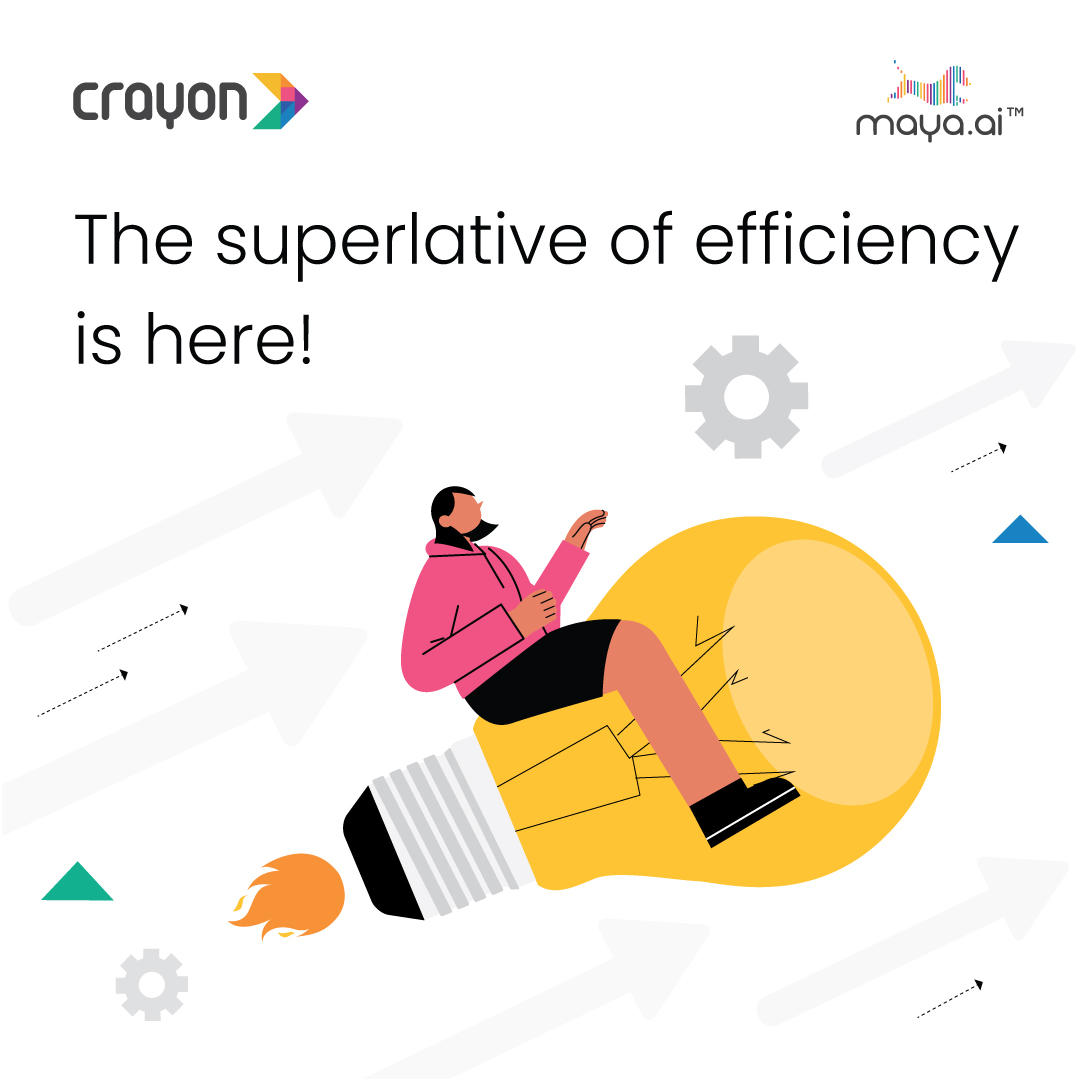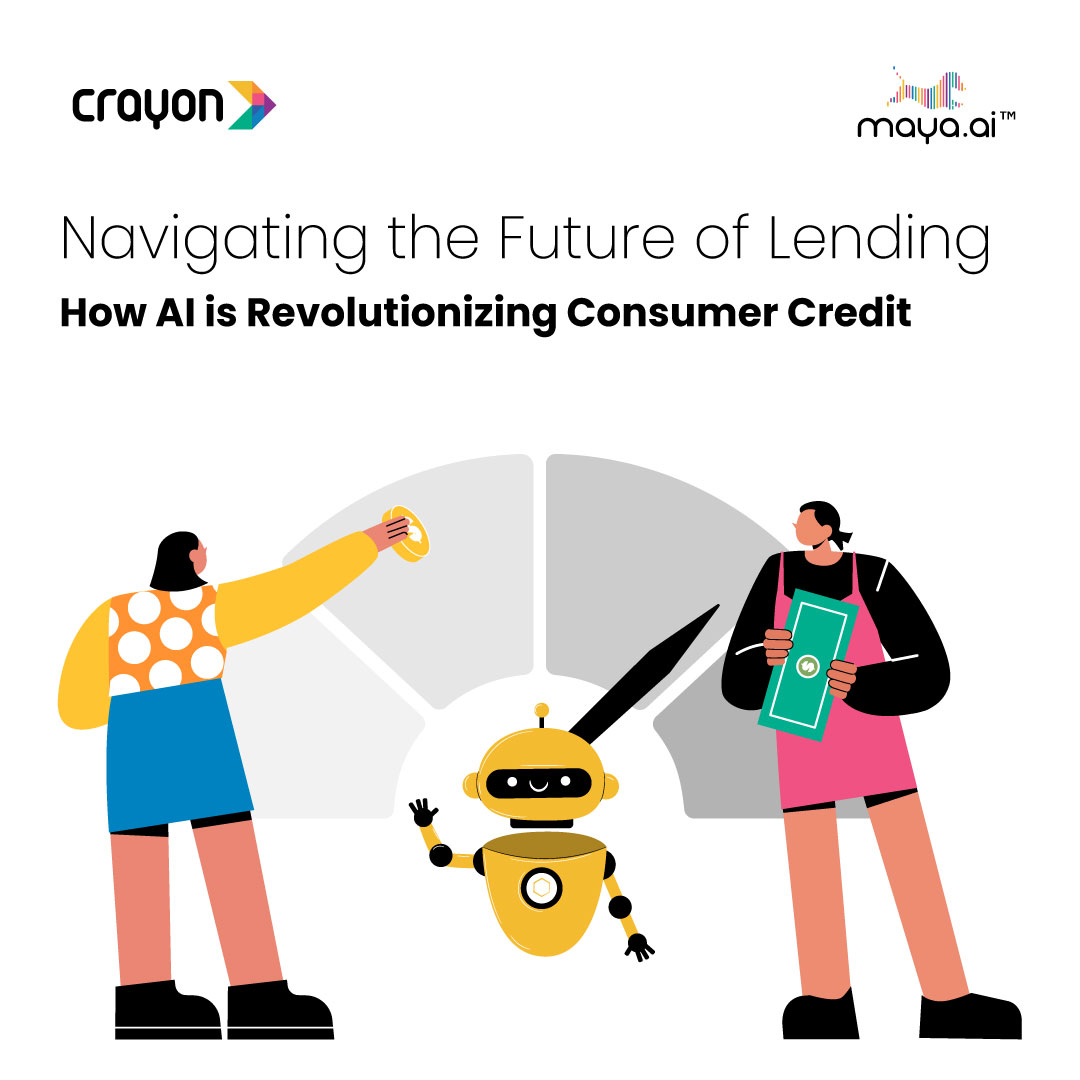Talk of banks and fintech companies partnering together has increased dramatically in the past year. There have definitely been some interesting partnerships announced, particularly with some of the marketplace lenders, various blockchain projects and some artificial intelligence-driven bots. Most are in stages that are too early for a full analysis at this point.
There has also been a lot of hype and a lot of misunderstanding from both sides. Too many fintechs have a feature or technical capability but don’t really understand what problem they’re solving for whom or what it will take to make it work within banks’ highly regulated environment. And too many banks think that they are “already partnering with fintechs” because they have a few technology vendors and a procurement department. In short, most of them might as well be on different planets.
I sat down with Naveed Anwar who runs Capital One’s developer community and partnerships and integrations, as a part of the Invested in Tech blog and podcast series with Capital One to look at how things are going at DevExchange, the developer community that the bank announced last spring at SXSW.
Anwar sees DevExchange as an opportunity for both internal and external innovators to co-create new experiences, and he sees it as a groundbreaking opportunity in what Ron Shevlin calls the “platformification” of banking. Anwar thinks that a “platform mindset” is necessary for staying relevant and that the bank alone cannot create all of the experiences that their customers want and need.
“There’s a platform transformation taking place in the industry”, says Anwar, “and we’re in the midst of it.”
Opening up APIs to outside software developers facilitates much of that co-creation and collaboration. APIs (application programming interfaces) are pretty basic technology for developers, even if they represent new vernacular for the average banker. APIs offer a set of well-defined standards that allow different kinds of software to talk to one another and build on each other. Think about how Google Maps often show up inside of other apps as an example. Google shares its Maps API with outside developers because it creates a win-win for both sides. Other apps gain the detailed functionality of Google maps without having to build it all from scratch, and Google gets more users and data.
Currently there are three APIs shared on the DevExchange platform:
- Credit Offers, which returns a personalized list of Capital One credit card offers.
- Swift ID, which is a two-factor authentication that gives customers a secure way to approve access requests for confidential information.
- Rewards, which offers information on miles, points or cash rewards earned.
DevExchange is still in Beta, so Anwar and his team are planning to release additional APIs in the future. He says they are learning a lot from both customers and developers in the Beta, and one of the things that came out of it was a co-creation with the ride-sharing app Uber that gives certain Capital One credit card holders a $15 credit after every time they have paid for 9 rides with the card, through March 2017.
Co-creation is about a two-way conversation, says Anwar, “It’s not about us pushing our stuff on to them, without listening to them. If you don’t listen to your community, you will be irrelevant”. It’s also about making the tools easy to use, and Anwar says that developers can be set up on the platform in less than two minutes.
Anwar’s goal is to make the process frictionless for developers, but it takes a lot of work to make things look easy: “Building and sustaining a platform mindset requires a lot of patience. It’s not a transformation that takes place overnight.”
This article originally appeared here. Republished with permission. Submit your copyright complaints here.





